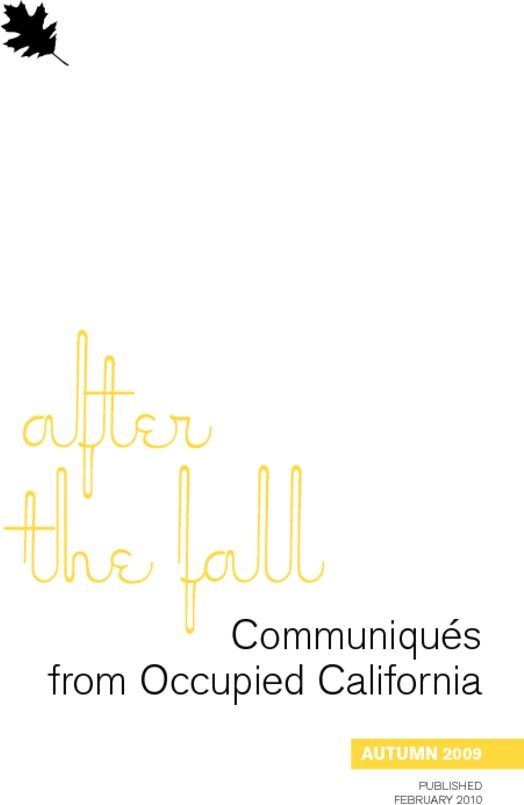Peter Watkins: Notes on The Media Crisis (2010)
Filed under pamphlet | Tags: · audience, audiovisual, critique, documentary film, education, film, mass media, popular culture, television

Peter Watkins (Norbiton, United Kingdom, 1935) gained critical recognition in the sixties as a result of the scandal arising from the BBC’s boycott against his film The War Game. Nevertheless, although he continued to produce a series of essential, radical works that did not fit within conventional film or adhere to the timing standards of mainstream cinema, his films where no longer mentioned or taken into account as key works in debates on political commitment and the cinematic image. Peter Watkins’s last work, La commune (1999) represents, among many other things, a curious rereading of the relationship between film and the discourses of history, by means of the rupture of the illusion of representation through the blurring of the boundary that usually separates actors from the characters they play.
In Spring 2010, the MACBA presented a retrospective on Peter Watkins, which reviews his contribution to contemporary film and, in particular, his status as a pioneer of docudrama and false documentary.
Edited by Vida Urbonavicius
Publisher MACBA, Barcelona, 2010
Quaderns portàtils (Portable Notebooks) series
ISSN: 1886-5259
14 pages
After The Fall: Communiqués from Occupied California (2010)
Filed under pamphlet | Tags: · activism, capitalism, education, protest

On March 4, 2010, while representatives of the K-12 schools, community colleges, CSU and UC systems gathered in Sacramento to act out Dr. Seuss and sing “This Little Light of Mine,” students at their respective campuses walked out of classes, occupied buildings and even shut down the Interstate 880/Interstate 980 freeways in Oakland. The students moving from their campuses into buildings and onto the city streets see education as one interconnected piece of the perpetual crises called capitalism. After the Fall: Communiqués From Occupied California collects the major statements of the campus occupations in California in 2009/2010, grounding them in post-World War II U.S. government policy and the growing history of international worker and student occupations.
Publisher: IndyBay.org, February 2010
44 pages
authors
Painting the Glass House Black (Evan Calder Williams, Mute)
Julian Assange: Conspiracy as Governance (2006)
Filed under pamphlet | Tags: · activism, conspiracy, governance, media activism, politics, wikileaks
“The non linear effects of leaks on unjust systems of governance
You may want to read The Road to Hanoi or Conspiracy as Governance; an obscure motivational document, almost useless in light of its decontextualization and perhaps even then. But if you read this latter document while thinking about how different structures of power are differentially affected by leaks (the defection of the inner to the outer) its motivations may become clearer.
The more secretive or unjust an organization is, the more leaks induce fear and paranoia in its leadership and planning coterie. This must result in minimization of efficient internal communications mechanisms (an increase in cognitive “secrecy tax”) and consequent system-wide cognitive decline resulting in decreased ability to hold onto power as the environment demands adaption.
Hence in a world where leaking is easy, secretive or unjust systems are nonlinearly hit relative to open, just systems. Since unjust systems, by their nature induce opponents, and in many places barely have the upper hand, mass leaking leaves them exquisitely vulnerable to those who seek to replace them with more open forms of governance.
Only revealed injustice can be answered; for man to do anything intelligent he has to know what’s actually going on.” (author, 31 Dec 2006, source)
commentary (workwithoutdread.blogspot.com, 27 Nov 2010)
commentary (zunguzungu, 29 Nov 2010)

